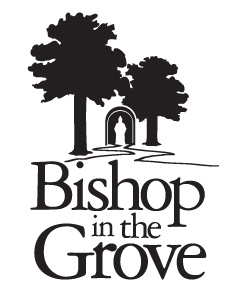Tag: Issac Bonewits
-

Think, Drink, and Be a Druid in Honor of Isaac Bonewits
In his brief, “immodest third-person” biography, Isaac Bonewits called himself, “articulate, witty, yet reasonably scholarly.” I never knew the man, but I hear he was a bit cantankerous, too. In the early part of 2009, a year before Isaac’s passing, I was encouraged by T. Thorn Coyle during an intuitive reading she gave me to […]

